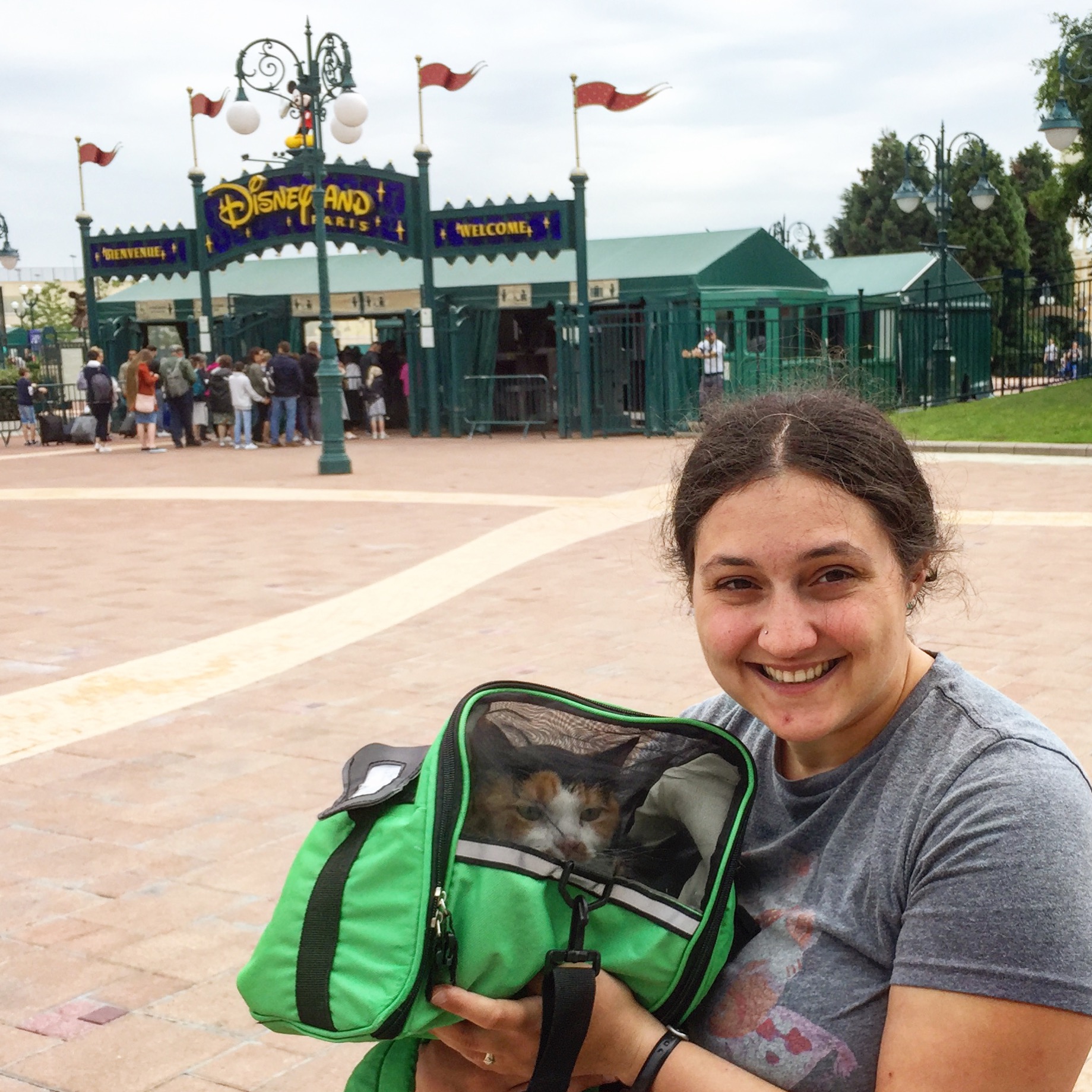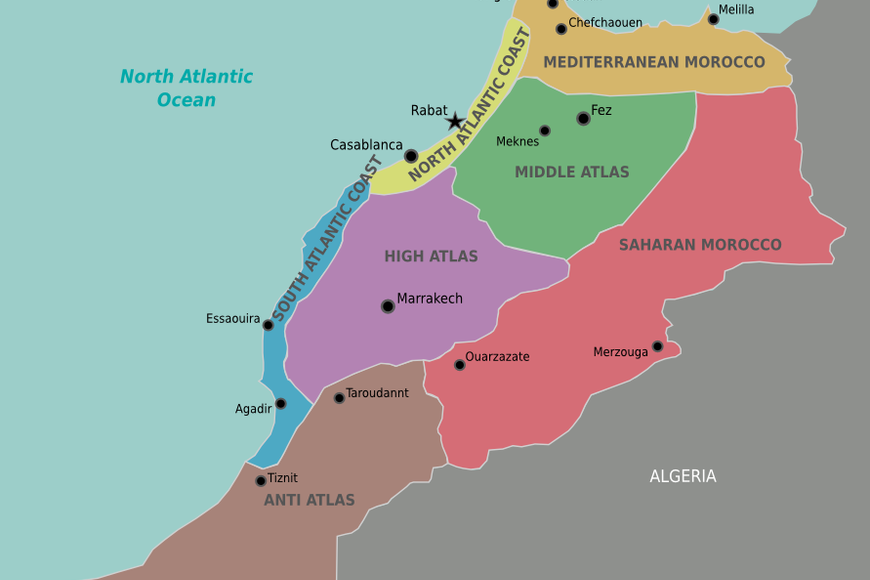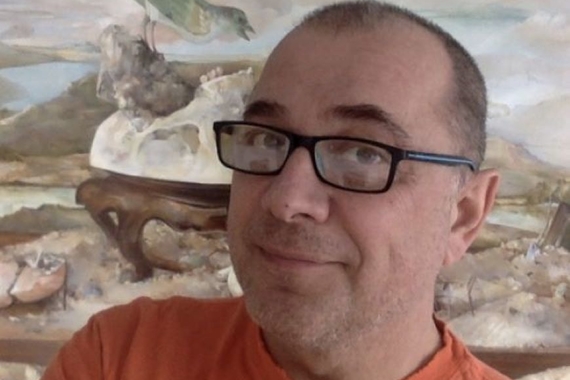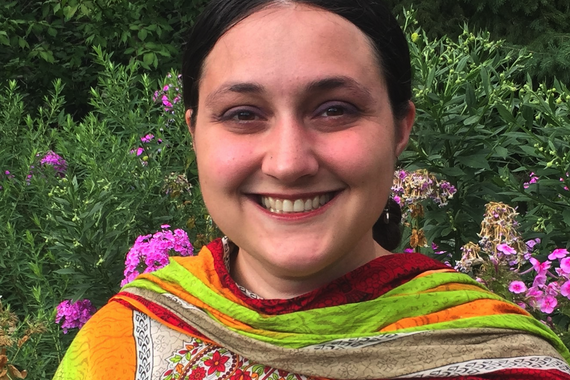Profile: Awesome -- Chloe Hagen
Morocco, situated in the north of Africa with a coastline connecting the Mediterranean Sea and the Atlantic Ocean, is predominantly an Arabic-speaking country. However, there are colloquial dialects such as Darija that combine French with Arabic--these dialects are spoken in Morocco, parts of Algeria, and parts of France where migrants and their descendants live and work.
Chloe Hagen, a PhD candidate in French Studies, was awarded the Foreign Language & Area Studies Fellowship through The Institute for Global Studies to study advanced Arabic in Morocco this summer. How does this connect to French? Chloe intends to expand her knowledge of Darija “without which [her] research will be lacking and incomplete.” She also hopes to explore how French and Arabic interact within Morocco and within the Darija dialect specifically.

“Franco/Arab culture outside of France” will be Chloe’s focus this summer. Chloe has set her sights on “the cultural and linguistic implications of the song lyrics, podcasts, television, radio shows, internet blog posts, and other works in Arabic.” This focus will be combined with looking at the cultural objects’ connections to Moroccan culture and the usage of French, Modern Standard Arabic, and Darija.
The large picture of Chloe’s dissertation research is to expand her understanding of “how French language in the 21st century changes to accommodate its diverse [speakers], partially focusing on interactions between French and Arabic.”
The French language and culture extends beyond France, and Chloe’s research is a great example of looking for connections in places beyond Europe where French is spoken and adapted to local cultures. Arabic is a language spoken by approximately 420 million people worldwide, so the connections between French and Arabic, especially seen in Morocco, are important to explore. As we begin to understand the ways that French has been adapted in other places, we can better connect with people worldwide who speak, have spoken, or have used the French language historically, politically, culturally, and colloquially.
We look forward to Chloe’s return!



